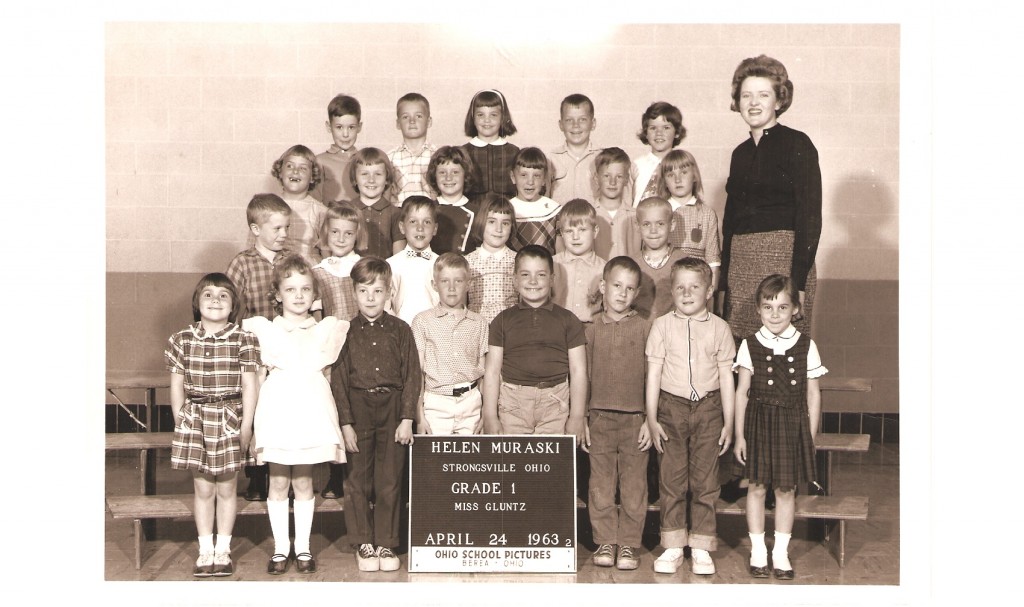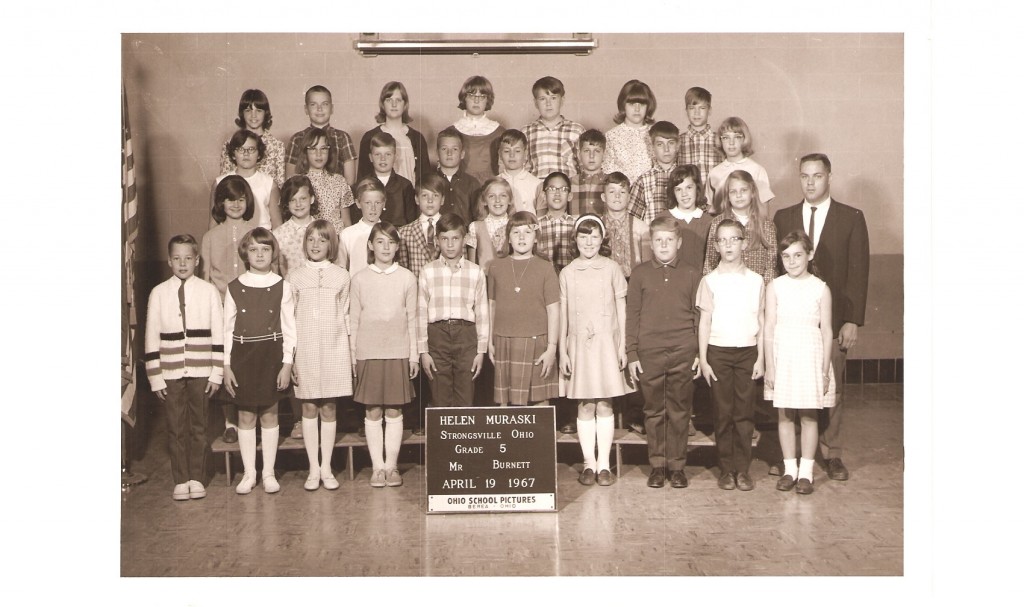 I don’t know journalist Molly Snyder personally, but we’re Facebook friends. A few weeks ago when she posted on her timeline that she was writing a review of Sybaris Pool Suites for OnMilwaukee.com, it caught my attention. Because I stayed there once.
I don’t know journalist Molly Snyder personally, but we’re Facebook friends. A few weeks ago when she posted on her timeline that she was writing a review of Sybaris Pool Suites for OnMilwaukee.com, it caught my attention. Because I stayed there once.
Sybaris Pool Suites bills itself as a “paradise” where couples can go for getaway nights, weekends, lunch hours, whatever. The whole idea is for couples to “ignite feelings, rekindle romance and enjoy quality time together” in “whirlpool and swimming pool suites” that “are a delight to the senses…the ultimate romantic experience.” Locations are in Wisconsin, Illinois, and Indiana.
Many of the comments on Molly’s wall are the typical things you hear around here: “You’re going to Syphilis?” “Bring your own sheets.” “Gross!” Stuff like that.
There are words of joyous positivity: “[Expletive deleted] AWESOME!”
I commented: “It was one of the top five most depressing places I’ve ever been to.”
My husband is one of the coolest people I know. I adore him. We’re not prudes. But because we are a couple of wiseacres, Sybaris is definitely not anything we can take seriously.
So when we received a night’s stay there as a wedding gift we said, “Syphilis! Gross!”
The only person who should be giving the gift of a room at Sybaris is the person who wants to take the recipient there. Otherwise, it’s creepy. Imagine getting the gift of a “romantic paradise,” aka “don’t come a-knockin’ if this room is a-rockin’,” from your aunt and uncle. Gross. Your in-laws. Double gross. No one should be up in your business like that.
Our wedding gift of a night’s stay at Sybaris came from my husband’s former employer, which consisted of two female clericals and eighteen sweaty guys. One of whom came up with the idea (probably one of the “girls,” as they were called), all of whom chipped in for the gift. “Sure, I’ll chip in for Johnny to have a night of wild sex at the Syphilis.” Wink-wink-nod-nod-know what I mean? The jokes had to have gone on for weeks.
We finally went, just days before the gift certificate expired.
There are many things I remember about the place. Watching every trace of sunlight disappear in the cracks of the door as it closes behind us. The vacuum-seal sound it makes. Mirrors. Everywhere. No windows. Anywhere. The bidet.
Our favorite place in the large suite is the round James Bond-style booth in the corner. We drink one bottle of wine there and open a second. We watch TV in bed. Just like home. I get up to go to the fridge and ask John if he wants anything, and he says, “Yeah, I’ll take another piece of that leftover pizza.” Just like home. Except the bed is on a platform and has little white lights all around it like a marquis, and there is a mirror above it. We can give a crap.
The whirlpool is very cool. We move over to it and take our bottle of wine.
At night (it’s perpetually night there, you are so sealed off) I finally fall asleep. Somewhere in the middle of it, I am jarred awake and stare up at the mirror. John is snoring.
I feel the most incredible sadness about being here, because it’s not really working for me, and I think about the others who’ve been here, for whom it also has not worked, albeit for different reasons. Couples who’ve been here as a last resort before one of them goes to a divorce lawyer. People who’ve been here cheating on their spouses. One partner with high expectations; the other oblivious, self-centered. Back to business as usual when it’s all over.
My sadness is exacerbated by something I see the next morning. John is going out in search of breakfast to go, and I’m sitting outside in the bright morning sun, sick to death of being sealed off.
As he drives off, another couple pulls up and gets out of their car. He is barefoot and wearing cargo shorts that his belly flops over. He is talking into his cell phone and walks five, six steps ahead of the woman, who is loaded down with white to-go bags. The man opens the door to their suite and then lets it swing shut. The woman juggles the bags to get her thumb and two fingers free so she can finally open the door. She bumps it open with her butt, then disappears inside. Vacuum seal.
John comes back with the food and we eat it in the car. He goes inside and gets our bags, clears out the refrigerator, double-checks for any left-behinds, and then drives us around front to check out. The registration area is packed with commemorative items: T-shirts, champagne glasses, silk rose petals that you can shape into your own hearts on your own bed at home.
If the night was a success. If some kind of spark had actually been created during the rekindling process. If you didn’t go back home to business as usual.
I know I took some pictures of the James Bond table and the room but I can’t find them. You’ll have to look at Molly’s story to see what the place looks like.
Sybaris started sending promotional postcards to us in the mail immediately after our stay there. After a year of getting one every other week, I finally emailed them and asked them to take us off their list. “Of course,” they wrote back.
Since then, for about five years, we’ve been getting the same postcards, addressed now to “Current Resident.” I shred our address and put the rest in recycling.

 My brothers and I walked to the elementary school we attended as kids, just four blocks up the cinder path from our house. All our friends from our development went there too.
My brothers and I walked to the elementary school we attended as kids, just four blocks up the cinder path from our house. All our friends from our development went there too.


































Recent Comments